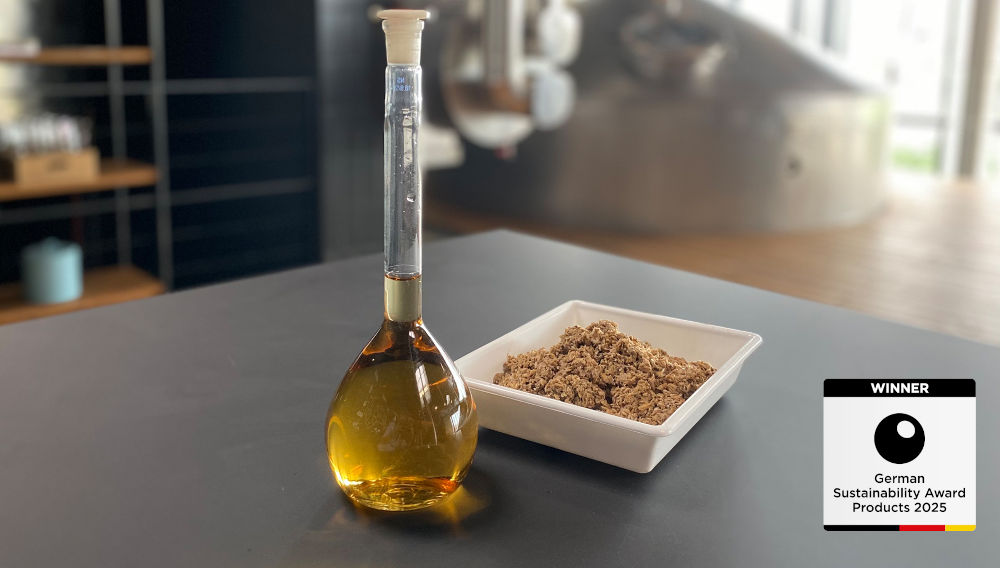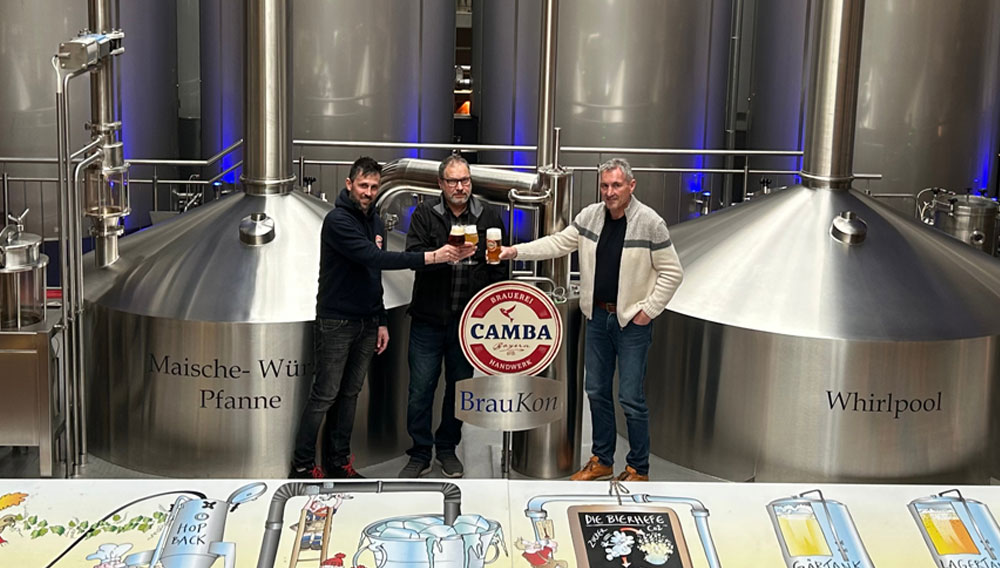
Capacity increase | Camba Bavaria, a brewery renowned for its innovative approach within Bavaria’s rich beer culture and a sister company to the leading brewing systems developer BrauKon, has successfully commissioned a Dalum Senior CO2 recovery plant.
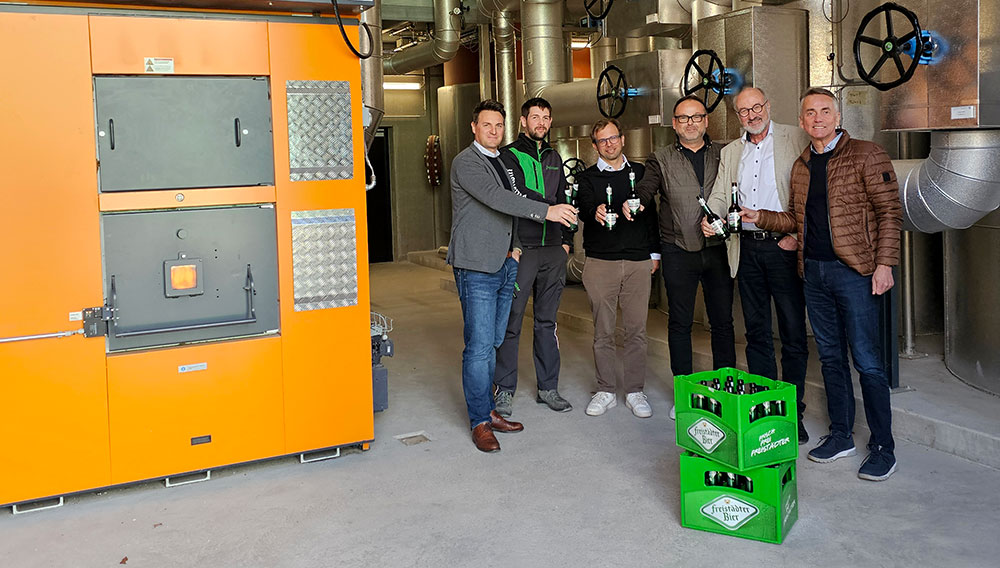
Pellet-heated boiler | Building on its previous efforts towards more sustainable production processes, the Braucommune (‘Brewing Commune’) in the Austrian town of Freistadt decided in 2023 to use a regionally available, renewable fuel source to supply the heat energy required by the brewery while simultaneously reducing its dependence on natural gas.
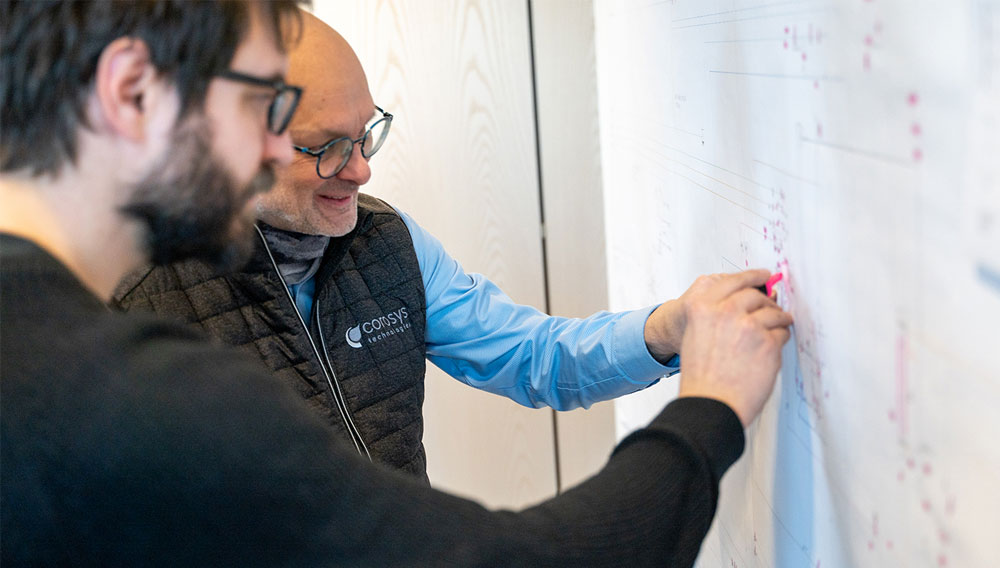
Energy efficiency | CO2 is essential for the brewery industry. Integrating innovative technologies such as wort stripping systems, CO2 recovery and degassing/mixing units improves efficiency and sustainability throughout all brewing steps. Together, they reduce energy use and keep low emissions while maintaining a high product quality.
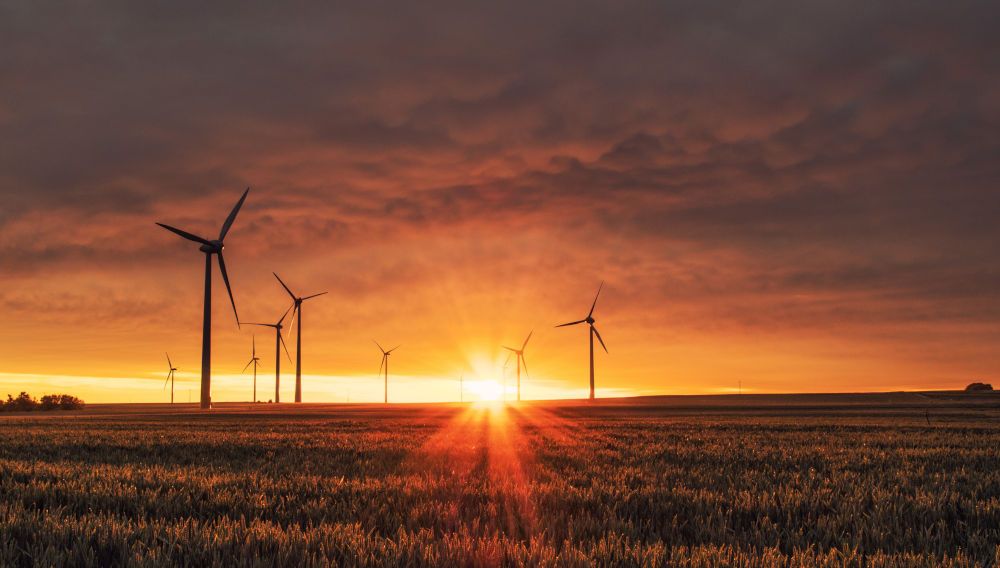
Heat flow peaks smoothed out | The uncertain gas supply situation in 2022 set another energy building block in motion at Bergquell Brauerei Löbau in eastern Germany and subsequently triggered bold conversions. The company had long been a model company in terms of energy efficiency and was up to date with the technical possibilities.

Security of supply | In summer 2022, many people learned the hard way just how crucial CO2 is to the brewery. All over the world, the sector suffered from shortages and high prices, and some smaller breweries had to stop production at times. And yet, the problem could have been avoided, at least partially, because the brewing process (fermentation, to be precise) actually generates quite a lot of CO2 – even more than the brewing and filling processes need. In order to tap just that potential, Steinecker offers proprietary CO2 recovery systems.
Germany | Steinecker GmbH, a subsidiary of Krones, has been honoured with the 2025 German Sustainability Award (GSA) in the “Products” category, which is being presented for the first time this year to recognise standout projects offering sustainable solutions. Steinecker submitted its biomass conversion concept Phoenix BMC for the transformation field Climate and won first place.
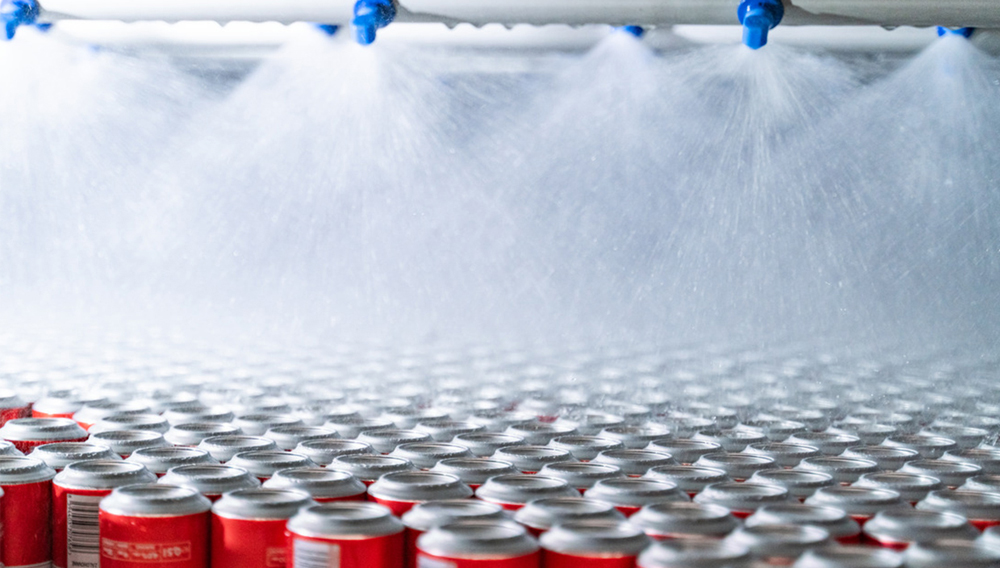
Water consumption | Water is the most important raw material for the beverage industry. In many places, however, water resources are under pressure from global warming and pollution. And so, beverage makers are seeking ways to use this “blue gold” more efficiently. This article explains how they can reduce their water needs and why thermal energy plays a significant role.
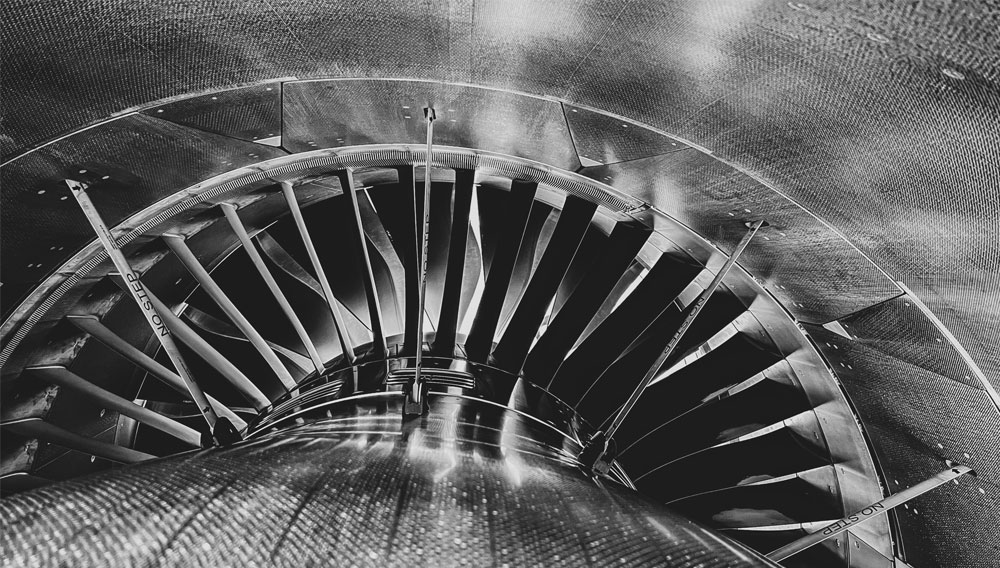
Resource consumption | For breweries, making first-class beer is not the only focus; as companies, operating cost optimisation and ecofriendly production are also prime concerns. One option here are micro gas turbines with jet-stabilised combustion chamber systems. But how can gas turbines rise to the challenges of the brewing industry while simultaneously making it more energy efficient?
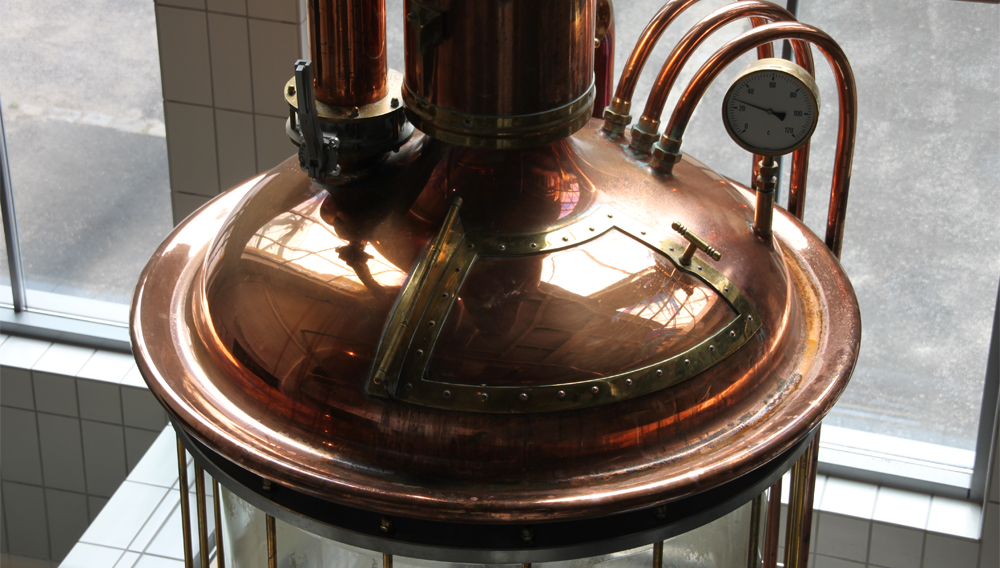
Increasing efficiency | Through exergetic optimization of the heat supply, the newly developed Exergon Brew concepts enable breweries to achieve specific energy figures that were previously not considered possible. The Exergon Brew systems have a modular design and can be expanded in stages until the brewing process is completely decarbonized. Proven system technology is used.

Boosting energy efficiency | Along with quickly rising energy prices, the costs for typical consumables in breweries (such as bottles and crown corks) have also considerably increased. This inflation can only be partly passed on to consumers, however. Consumables such as crown corks are essential to keep production up and running. In many companies, however, the amount of energy used can be cut.
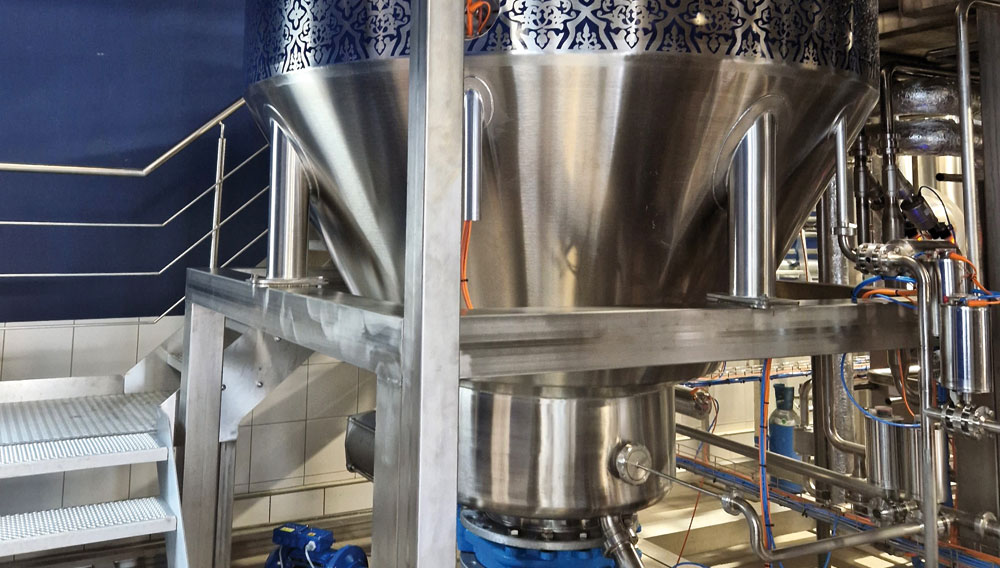
Sud Sixty Six | The novel brewhouse concept from banke GmbH combines many advantages in terms of technology, engineering and economy. With only two brew vessels and thus the smallest feasible footprint, a revolutionary 6 brews per day are achieved in 60 minutes of lautering time. Combined with the Exergon Brew energy management system, the lowest possible energy consumption can be achieved.



